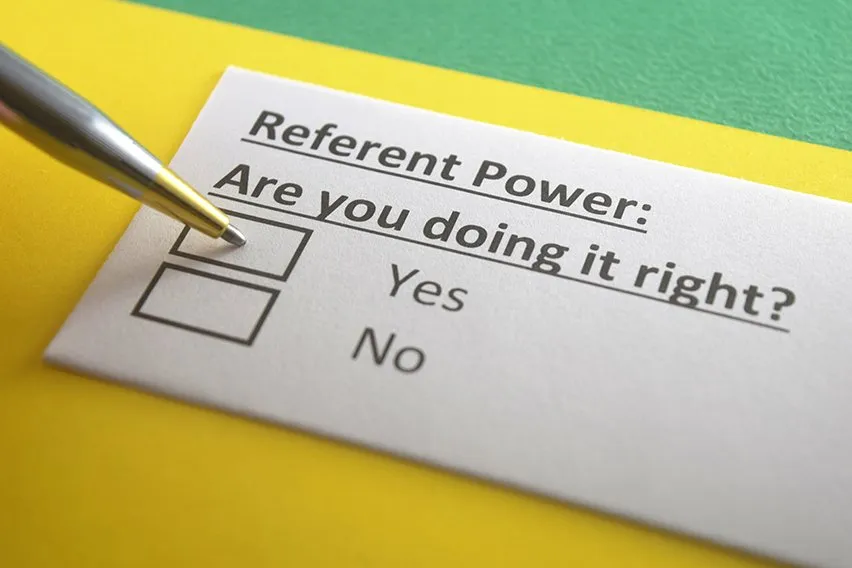An Extensive Guide to 5 Sales Channels

Choosing the right sales channels for your business is an important decision. But how do you know which way to go?
What are the main sales channels that you are currently using? Can they be improved? Or maybe are there some other sales channels out there that you aren’t familiar with. Diversifying the sales strategy that you have in place can be a good way to grow your revenue.
Using multiple sales channels gives you more opportunities to interact with your customers. And the more touchpoints your customers have to purchase your product or service, the better. Plus, it can be from anywhere like your physical storefront or eCommerce website.
However, not every sales channel is a good fit for every business. It all depends on what strategy you have in place and how you are going to execute it.
Here’s What We’ll Cover:
How to Decide Which Channel Is Best for You
5 Sales Channels for Your Business Needs
How to Decide Which Channel Is Best for You
Different sales channels serve different purposes. There are a ton of different options to choose from depending on what you’re selling, but you will find customers who may not have found you otherwise. Each sales channel has its pros and cons and a broad range of options to reach potential customers.
Here are a few things to keep in mind when figuring out which online sales channel is right for you.

- Where is the majority of your revenue generated? Manufacturing your own products or from wholesale?
- Who is your consumer base and what are their habits? Do they shop in specific places?
- What is your brand identity and how do you want to scale your business?
- What type of product do you sell? Is it a niche product or custom-built? Is it popular with a large number of people?
With so many options out there, it’s important to focus on the sales channel that fits with what your business needs. And what makes the most sense for your customers and product in general.
5 Sales Channels for Your Business Needs
Making the choice that’s right for your business will have an impact on more than just your sales strategy. It can affect your marketing strategy and your ability to grow revenue. Here are five sales channels that can benefit you and the product you’re selling.
Social Media
Online platforms like social media are becoming more and more popular for channel sales. You know people are already there, so it’s a great way to get in front of a new audience. Platforms like Facebook and Instagram allow you to integrate directly with your eCommerce store.
That gives you flexibility with your marketing efforts since you can sell your products right on your Facebook page. It can be a handy way to help simplify your entire sales process. Other social media networks like Pinterest can also be integrated with your site.
So depending on where your audience is most active, you can choose which social media platform you want to focus on.
Online Marketplaces
You have probably purchased something off of Amazon or eBay in the past. They are popular digital sales channels that are used by everyone from small to large businesses. When you sell through an online marketplace you are immediately provided with a wider customer base.
And those are business customers that you may not have otherwise interacted with. Plus, your marketing costs can be reduced since you won’t have to spend as much to market your product. However, you should also be aware of the fact that some online marketplaces charge high fees.
Distributors
Using a distributor sales channel can be a good way to go depending on your business model. Since the distributor has an interest in selling your products, you can save money on things like hiring an in-house sales team. And in today’s digital age, you might even be able to avoid the need for a physical store.
You can then use the money you would have spent on the retail location in other areas of your business. But there are some limitations that you might want to be aware of. You should make sure that your product is priced properly since a distributor will mark the price up.
This way, the distributor and its retail partners will be more inclined to carry your product. It’s also important to recognize the size of your target market. If your customer base is too small, some distributors might not see the benefit in working with you.
Affiliate Sales
Depending on how you have structured your business model, selling someone else’s products can be a good sales channel strategy. Basically, in exchange for selling someone else’s product you will get a portion of the sales. But, affiliate sales can be a tricky channel strategy.
It can be a great way to reach a broader customer base, but some affiliates charge extremely high commission fees. If you decide to go the affiliate sales route, take a close look into who you are affiliating with and the product they sell. Your customers will quickly see through false advertising or any deceitful actions.

Outsourced
There’s a lot to do running your business. One of the greatest challenges is finding enough time in a day to get everything done. So, outsourcing your sales needs can be a good way to maximize your time.
Outsourcing your sales can give you a ton of flexibility. You’re able to decide which areas you want to outsource. So if you want to focus on one aspect of the sales process and outsource the product launch, you can. However you decide to approach this sales channel is up to you.
You should keep in mind, however, that outsourcing can be expensive. And depending on how you set up the details, you might not have much control over the strategy. Know what’s important to you and your business and focus on the areas that you can control
Key Takeaways
Choosing the right sales channels to focus on is an important business decision. The sales channel that you choose can have a huge impact on everything from revenue to customer experience. The good news is there are lots of sales channels to choose from to make sure you find the most effective way to sell your product.
Take a look at your sales strategy and objectives and make sure they align with your business needs. You should consider some other factors as well. Search for data around how your competition is selling their products or your customer’s buying habits. The more information you have, the more informed decisions you can make when choosing a sales channel strategy.
Did you enjoy reading this guide? Head on over to our resource hub for more!
RELATED ARTICLES

 What Is BYOD (Bring Your Own Device)? Definition & Importance
What Is BYOD (Bring Your Own Device)? Definition & Importance What Is Referent Power & Why Do You Need It?
What Is Referent Power & Why Do You Need It? What Is a Prenote Authorization? Definition & Meaning
What Is a Prenote Authorization? Definition & Meaning What Is Warehousing? 6 Major Warehouse Processes
What Is Warehousing? 6 Major Warehouse Processes What Is a Distributed Control System?
What Is a Distributed Control System? Everything You Need to Know About the Durbin Amendment
Everything You Need to Know About the Durbin Amendment